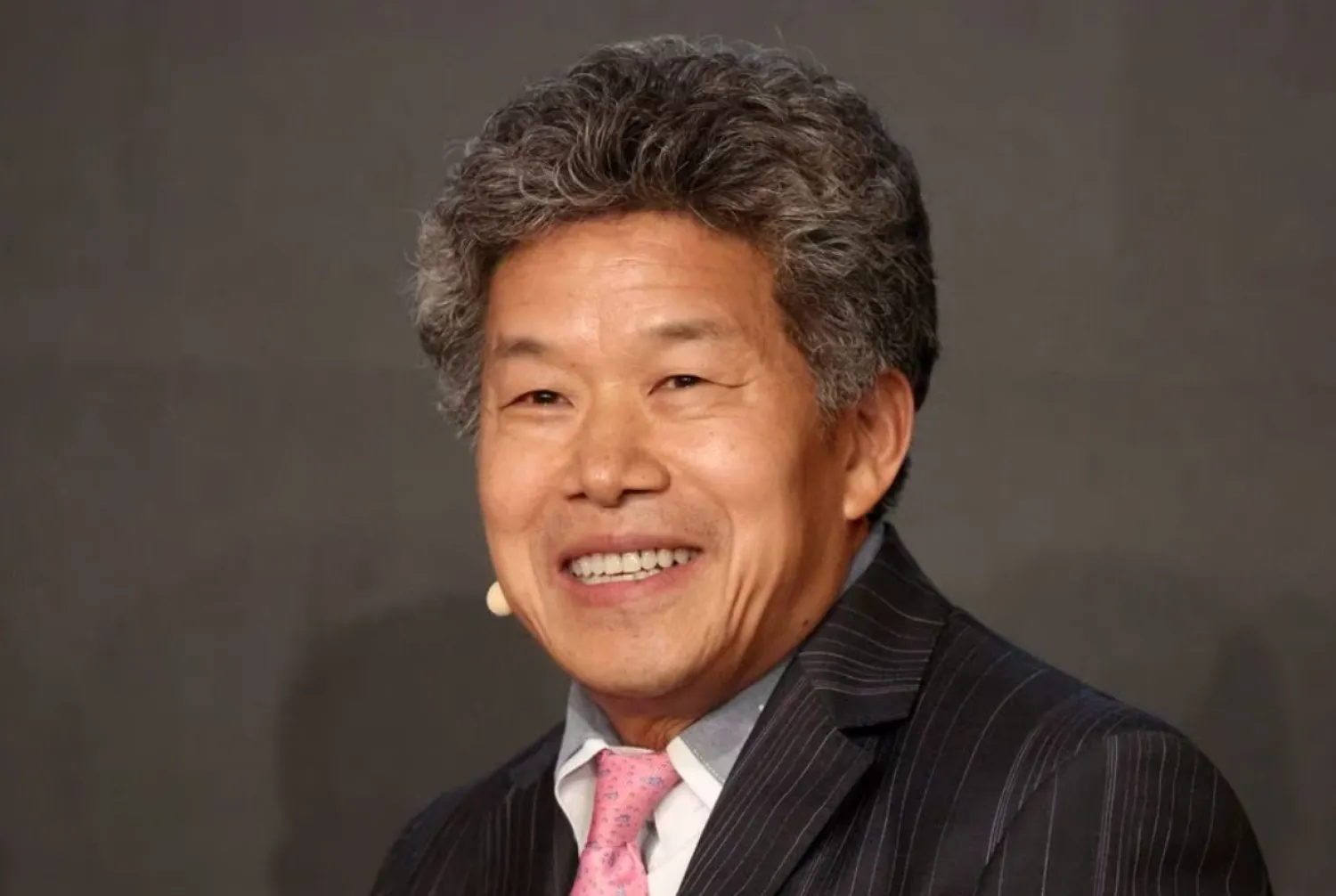Shein is threading the world’s trickiest geopolitical needle. The fast fashion phenom, now worth $66 billion, is a formidable rival to Inditex's (ITX.MC) Zara and H&M (HMb.ST) thanks to its marketing prowess and efficient Chinese supply chains – and despite the US-China trade war. But rising American pressure is forcing it to tweak its business model right as it tries to list there.
Shein, pronounced "shee-in", leapt to success by peddling $5 crop tops and $15 bikinis on its app - so affordable that some less environmentally conscious customers have claimed to wear them once and toss them. On an average day, the company pushes out more than 6,000 new designs to keep young buyers hooked. This speed entails some legal costs; it has been frequently sued by clothing makers who allege the company is ripping off their styles, logos and images. Shein denies doing so deliberately.
Shein can afford lawyers, however. Rivals are struggling to defend against its brutal combination of cheap prices and blistering-fast product development. Last year, its top line surged 46% to $23 billion, per the Wall Street Journal, surpassing $22 billion at H&M and outpacing the 18% growth at Inditex. It is now targeting $59 billion in sales by 2025 as it gears up for an initial public offering this year, according to the Financial Times, Reuters reported.
As with contract electronics manufacturer Foxconn, Shein has been accused of unsafe working conditions, low pay, excessive overtime, and using forced labor as it seeks to wring efficiencies from its supply chains. It denies any wrongdoing, and claims its secret sauce is technology and data; it mines viral fashion trends and styles online and feeds the ideas in real time to its network of manufacturers, most of which are located in the southern province of Guangdong. These factories are integrated across a single platform that shares data on sales, capacity, procurement of fabrics and more.
The strategy is to push small batches of 100 to 200 units of a given style into the market, then crank up production quickly if they sell well. A Boston Consulting Group report notes that this model allows Shein to keep inventory turnover at just 40 days. That is far lower than Uniqlo-owner Fast Retailing’s (9983.T) 147 days, as estimated by Morningstar analysts. It also has a slick social media strategy that mobilises TikTok and Instagram influencers.
Another not-so-secret ingredient to success is a trade-war loophole. Overseas packages shipped directly to U.S. customers are exempt from the standard 16.5% import duty and 7.5% tariff on Chinese goods provided they are worth less than $800. Bernstein estimates the average order on Shein is worth around $80. Moreover, most of these packages are not subject to the usual customs inspections that check for intellectual property violations or banned cotton from Xinjiang.









